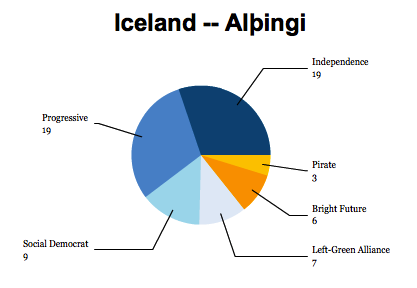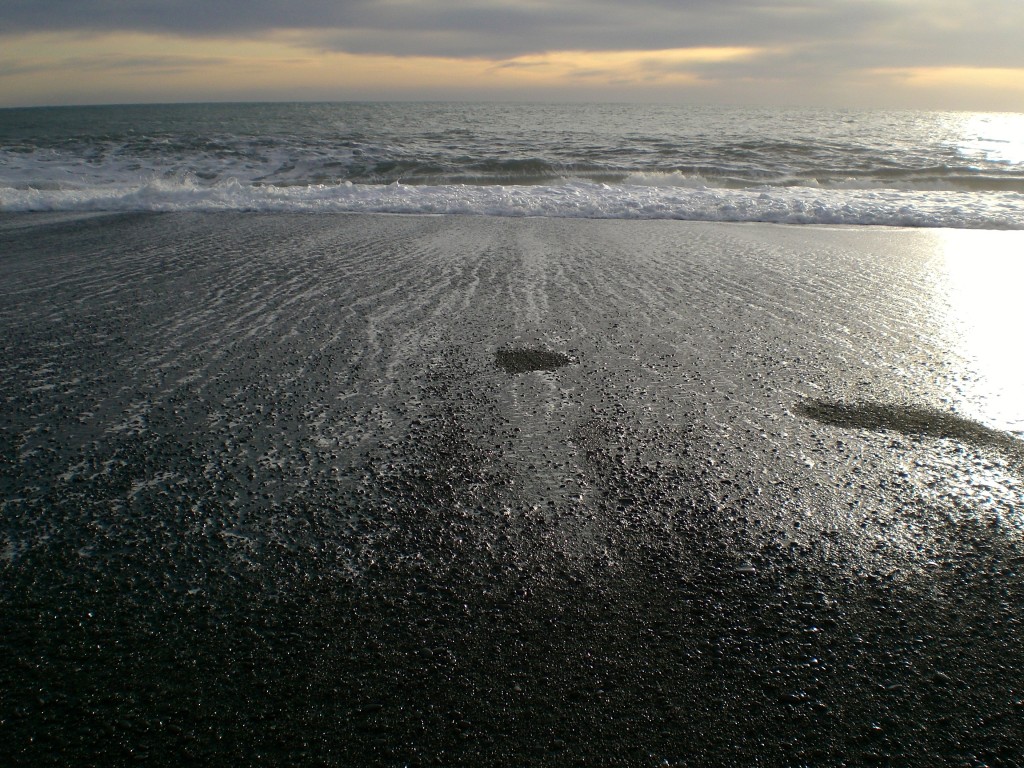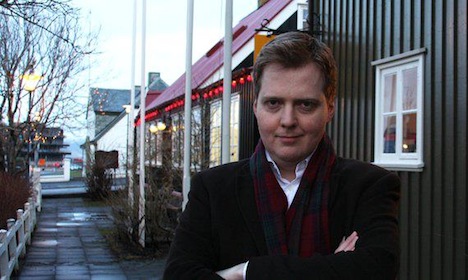It should have come as no surprise to observers of Iceland, but its new center-right government has firmly closed the door to membership in the European Union anytime soon, with an announcement from Icelandic foreign minister Gunnar Bragi Sveinsson (pictured above, left) last week.![]()
![]()
It was virtually certain that Iceland would take a step back from EU membership, given that both governing parties — the Framsóknarflokkurinn (Progressive Party) and the Sjálfstæðisflokkurinn (Independence Party) — campaigned against EU membership in Iceland’s April parliamentary elections.
Former social democratic prime minister Jóhanna Sigurðardóttir launched membership talks with the European Union in July 2009, when Iceland was still reeling from the effects of a financial crisis that bankrupted its three major banks and left Iceland in economic meltdown. In the immediate aftermath of the September 2008 crisis, some Icelanders even seriously considered joining the euro after the Icelandic krónur tanked in value. As Iceland’s economy has recovered to some degree, despite difficult loan burdens and continued currency controls, and as the eurozone has come to appear more like a monetary straitjacket than an economic life raft, Icelandic voters have increasingly soured on the benefits of EU membership.
Though prime minister Sigmundur Davíð Gunnlaugsson’s Progressive Party was seen as originally more open to continuing the talks, Gunnlaugsson seems to have taken aboard the more hardline views of the Independence Party — no one quite expected the government to end negotiations with such resolute finality in only its first month in office.
So while Iceland will continue to be a part of Europe, it will do so, like Norway and Switzerland, outside of a formal membership of the European Union.
As I wrote in the immediate aftermath of the election, however, the line between membership and Iceland’s current status is not as bright as you might expect: Continue reading Iceland ends its short-lived quest to join the European Union





